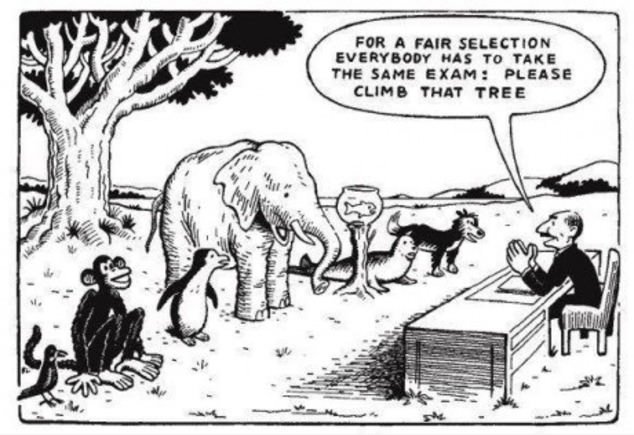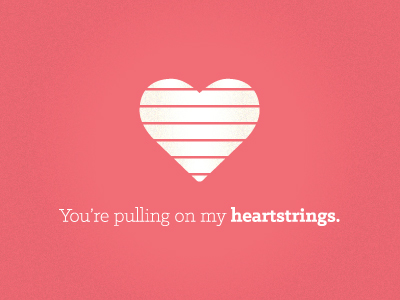I’m pretty confident when I say that there is no one who hates standardized tests more than me. God...the PSATs, the SATs...run me over...I beg of you. I totally suck at them!!! I freeze. I freak out. I forget how to use my pencil. Does anyone have a Xanax?! :-/ How can a 15 year old be expected to sit back so calmly and quietly and complete a test that could determine where their future lies? Crazy town, really! I did horrific on my SATs and the anxiety I had while taking them was palpable to others surrounding me. I can certainly relate to many of the teachers interviewed in this article who felt that the PARCC tests “had a negative experience for their students.” Shouldn’t teacher objectives be focused around motivation, promoting interest and higher level thinking and making children feel capable of their abilities? Why is it that we utilize such norm-referenced measures to compare our children? Can’t we just work towards empowering what students are capable of in other ways? I will piggyback what one teacher said around the topic of time. The amount of time that is spent towards juggling schedules for children to take such tests is ludacris. Time could be utilized so much better. How about getting children together to work on projects? How about challenging students by promoting their individual upper level thinking skills instead of seeing how they do compared to others?
I felt it necessary to ask my husband about the PARCC tests and how it operates within his school. My husband is a high school phys ed and health teacher and was able to provide me with some insight around the “nutty-ness” that goes along with coordinating PARCC. His opinions were similar, if not exactly alike, to another teacher who expressed “wasted time.” The time it takes to create different schedules and create block periods so that these kids can “squeeze the test in.” Fitting in a large amount of mandated curriculum in a smidge of time, while finding the student’s understanding of it all invalid. Horrible.
Why can’t we respect and honor our teachers thoughts and feelings around such a heated topic? Aren’t they the masters of all of this? Or does it really all just have to do with a face on a the dollar bill?...
I believe the authors of this are arguing the same thing that I am....get rid of these damn things....







